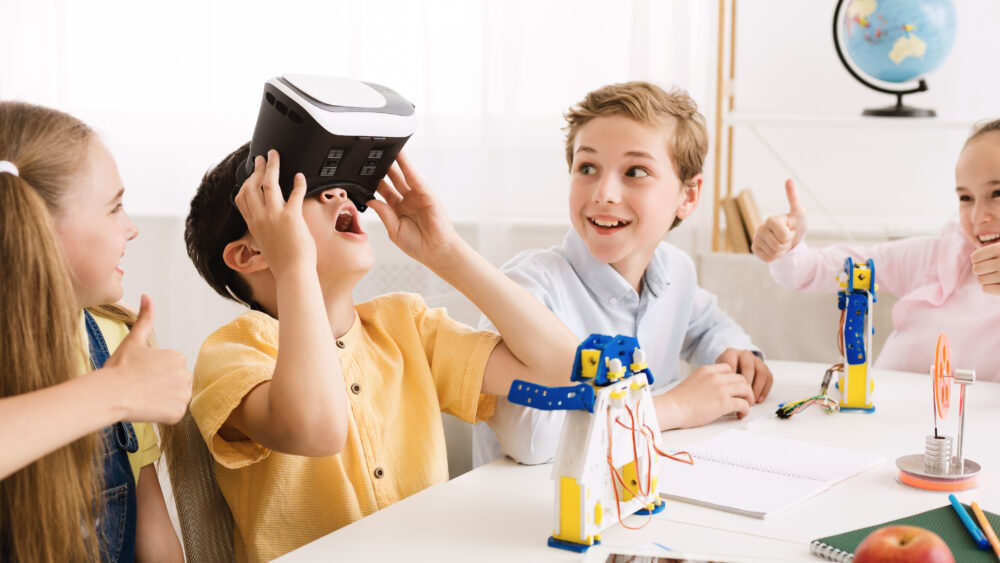With the potential to break down many barriers to learning, the metaverse is offering educators better classroom management options by blending real-world and online learning methodologies in a unique way
Conventional ways of learning and teaching are changing fast. As the metaverse is all set to shape the future of education, we speak to experts to find out the prospects and challenges of the new technology. We try to understand how inclined our educators are to embrace the 3D digital space for learning needs and the factors affecting its implementation.
Impact of the metaverse on learning
Max Hsu, Regional Director MEA, ViewSonic explains that the metaverse will help educators and students to have a better online platform to interact, engage and express themselves.
Steve Bambury, Web3 and Metaverse Consultant believes that more than any other form of technology, the metaverse will break down all the barriers to learning. “The rules of time, space and physics can be manipulated inside virtual worlds to create unique learning experiences that make a lasting impact on students,” he says, recalling Tom Furness’s quote, “Being in a virtual world is like writing on the brain with permanent ink.”
He explains further that experiential, spatial learning improves student concentration, resulting in higher knowledge retention and confidence.
The metaverse enriches learning by providing a great platform to demonstrate complex concepts in science and mathematics. Siju Philip, Head of GCIE, GIIS Dubai, notes that the metaverse will enable an up-to-date, expert analysis to be embedded all over the real world. The technology will aid in understanding complicated subjects such as astrophysics by peering at a simulated night sky, from where the astrophysicists directly provide explanations.








